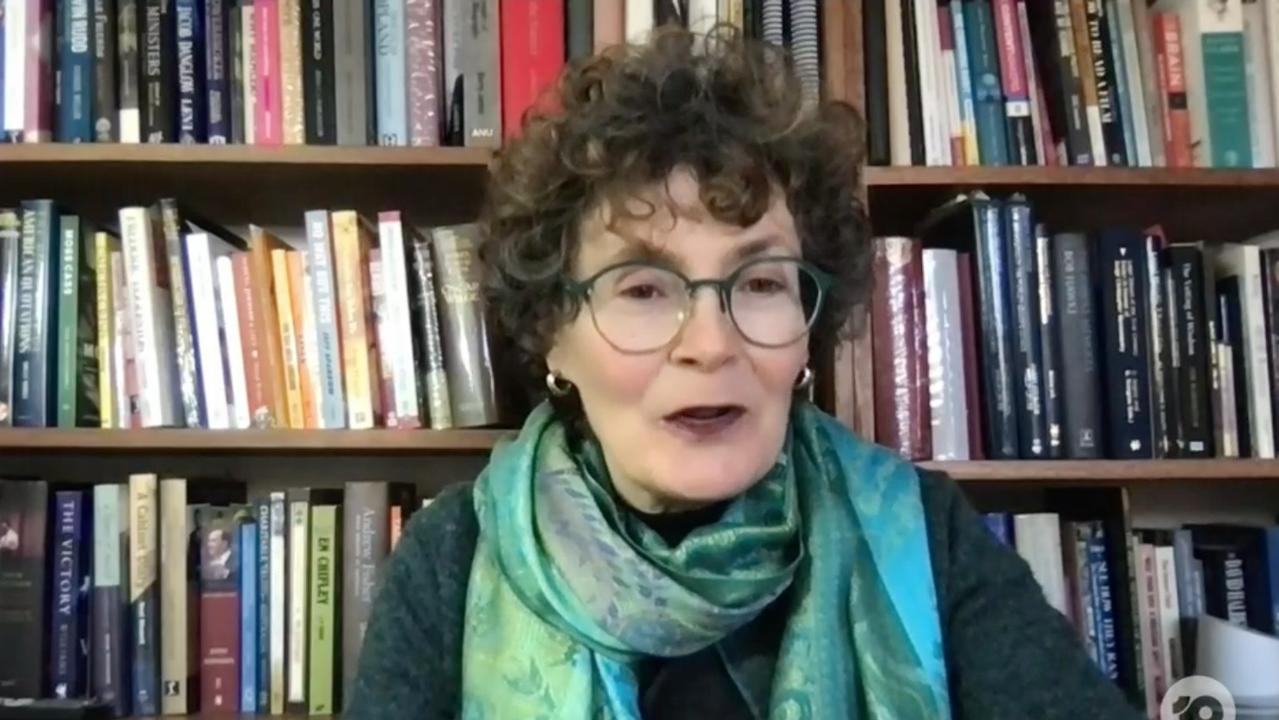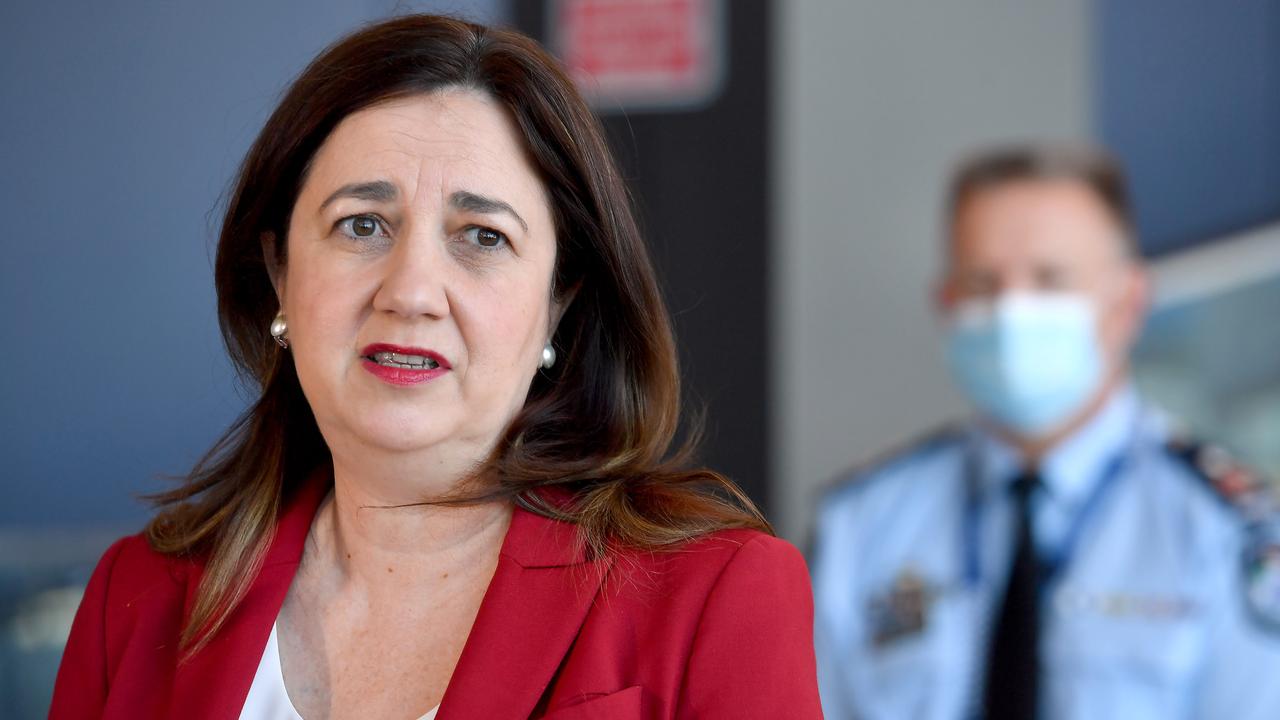Constitutional lawyer reveals big problem for states that refuse to open
If relatively Covid-free Australian states don’t open up to the rest of Australia soon, they risk a very unusual problem, one expert says.
Both states are in no hurry to open their borders, but Queensland and Western Australia could find themselves vulnerable to unprecedented legal issues as the rest of Australia embraces ‘Covid normal’ in the coming months.
In an interview on The Sunday Project, constitutional lawyer Professor Kim Rubenstein said that anyone adversely affected by the states’ refusal to open their borders could have grounds for a case.
“Any person who is impacted by these restrictions and who can show that this is a disproportionate burden on trade [could mount legal action],” she said.

“So that if it can show that it is, in fact, protecting one state over the other, without a legitimate or proportional response, then it really is available for challenge. And we may, in fact, see that ahead of us.”
Prof. Rubenstein explained that the Australian constitution “was motivated by a desire to travel freely across the country. Colonies were finding it difficult to have barriers around trade. Section 92 was placed there to discourage any restriction of travel within Australia.”
Professor Rubenstein said the court would examine “whether these restrictions are needed for the purpose that they‘re seeking to achieve in terms of health protection.”
If they’re found wanting, the state could be much more “vulnerable” to legal action.
This week, Queensland Premier Annastacia Palaszczuk was met with criticism when she dashed hopes of interstate reunions for Christmas – regardless of whether vaccination targets are met.

“The reason we have tough border measures in place is because there is a massive outbreak at the moment in New South Wales and Victoria and their hospitals are going to be overwhelmed,” she said, refusing to answer questions about when those border measures might be eased or lifted.
Also in the same Sunday Project segment, epidemiologist Dr. Catherine Bennett said that the lower vaccination rates in both states – which plunged further in remote regional areas – would also delay them opening their borders.
“A very risk-averse approach to opening borders takes the pressure off people vaccinating. It becomes a fait accompli – you‘re unlikely to reach the vaccination levels needed to be able to open safely,” she said.
Just 63 per cent of eligible Queenslanders and Western Australians have had their first dose of the Covid vaccine, compared to 85 per cent of eligible adults in New South Wales.






